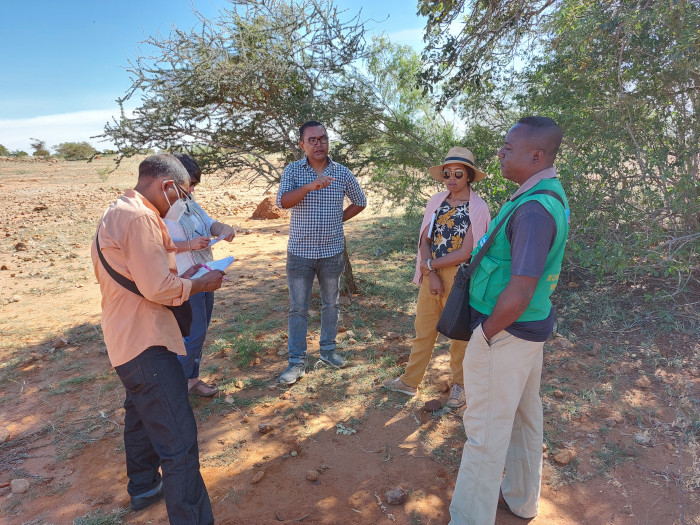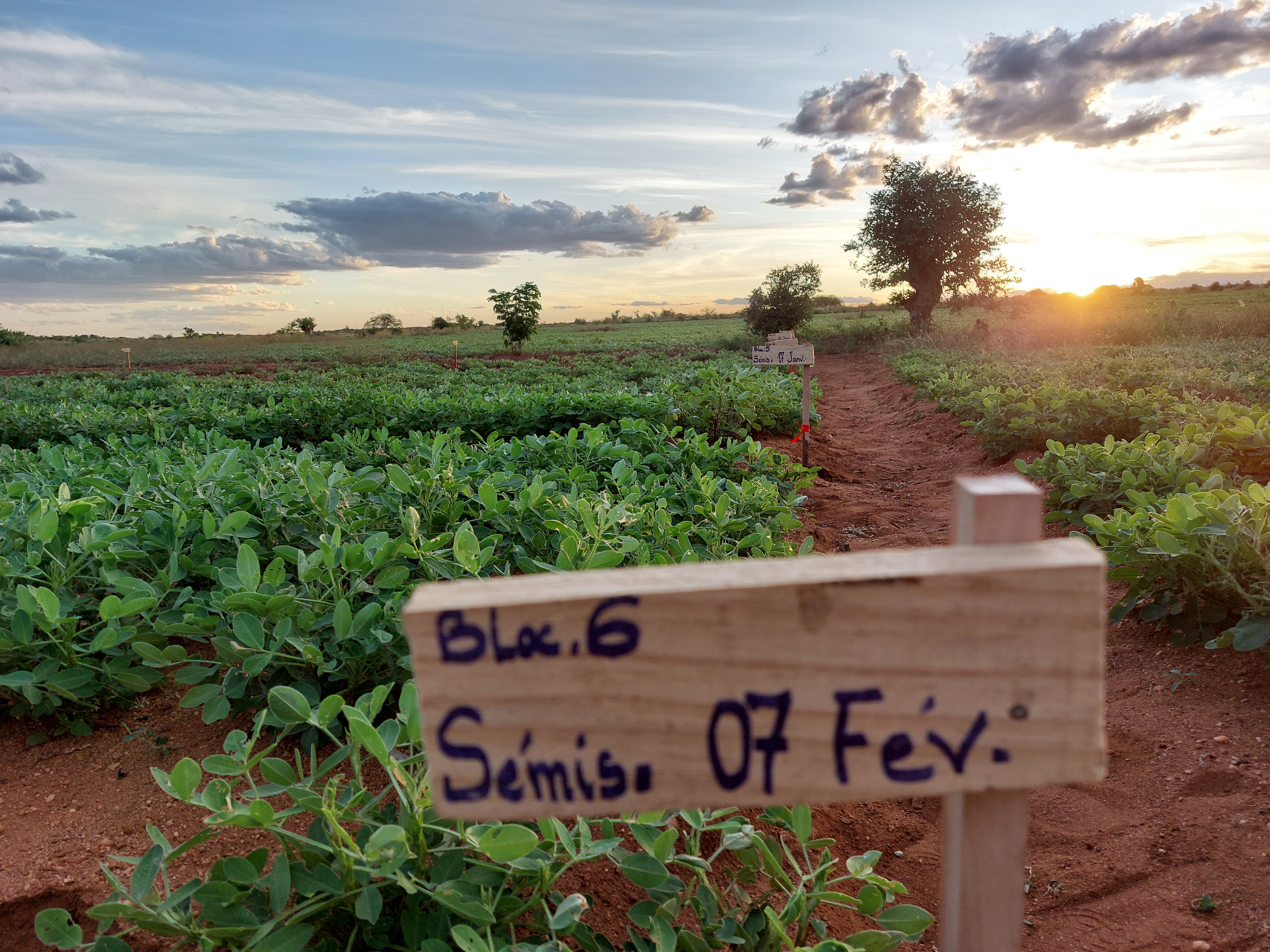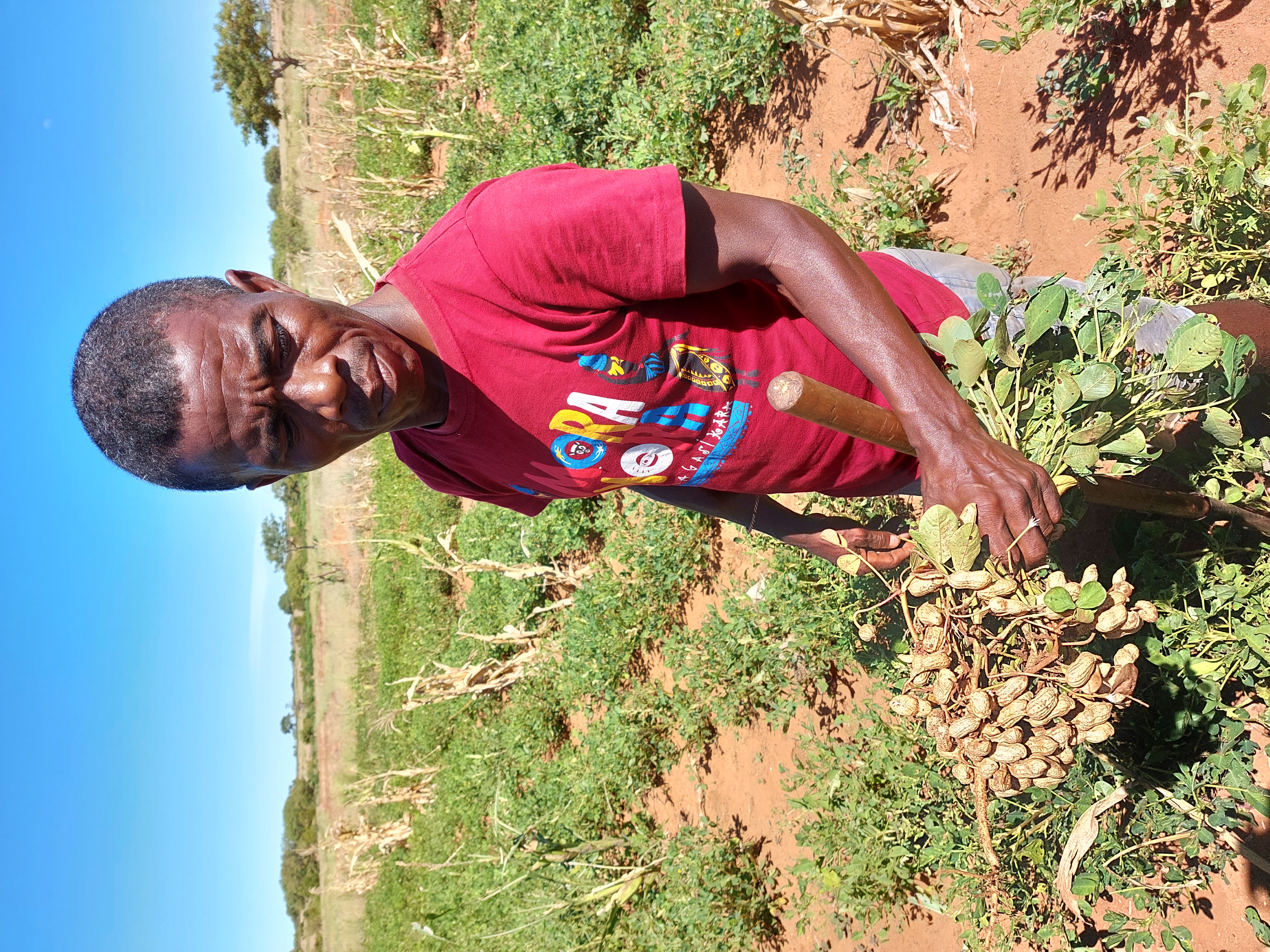
National and international experts of AFC have conducted a mission in the South of Madagascar this April 2022. Since 2018, AFC has been implementing the "Climate Risk Insurance" component of the GIZ project PRADA (Projet d'Adaptation des Chaines de Valeur Agricole aux Changement Climatique).
As part of the monitoring of the pilot insurance product in partnership with the local insurance company ARO, this mission had as its main subject a field trip to the pilot locality as well as the collection of data and information to help the insurance partner to improve the product as well as the operational process that accompanies it.
Indeed, the collection of this information requires a contextualization of the realities on the ground, exchanges with producers (insured and non-insured) as well as with the implementing partners.

This year, a large number of localities were unable to sow groundnuts due to the late start of the rainy season, which no longer corresponded to normal farming practice. The insufficient amount of rainfall aggravated this situation for some areas, not allowing them to have enough production to meet the next season.
Other crops, often used as a coping mechanism, have also struggled to survive to compensate for this loss of groundnut production.
Concerned about the negative effects of climate change, groundnut farmers in this remote area of the pilot are finding insurance to be a financial risk transfer mechanism to compensate for financial losses and to recover in the event of a severe drought like this year.
The meetings with the policyholders of this second pilot enabled us to confirm that the permanent absence of the insurer in the field is certainly a challenge considering the interaction with the policyholders, in the sense that it is also necessary to gain the trust of these producers. On the operational side, we consider the following potential for further improvements, which we will jointly work on with ARO:
- Improving the marketing aspects to make the product and the process well understood;
- The respect of contractual deadlines in the communication and information of the results of the index calculation;
- The contractualization with a distribution channel to compensate for the permanent absence of the insurer in the field;
- The improvement of the telephone network and the promotion of mobile money in order to facilitate contact with the insured, the collection of premiums and the settlement of claims. This will also reduce the insurer's operational costs and compensate for the remoteness and isolation of the areas;
- The adaptation of the sales periods to those of the harvest in order to allow producers to have enough cash to pay the premium;
It was also an opportunity to follow up on the rain buckets installed in some areas in order to collect ground surveys. This information collected will allow constant correction of the correlation with the data estimated by the satellite.
This mission also allowed, for each locality, to confirm the agricultural practices, the historical yield, the other coping mechanisms, their commercial practice with the buyers and the fluctuation of prices according to the seasons. This available data certainly contributes to the improvement of the insurance product for the next season.

For more information please contact jakob.lutz [at] afci.de
